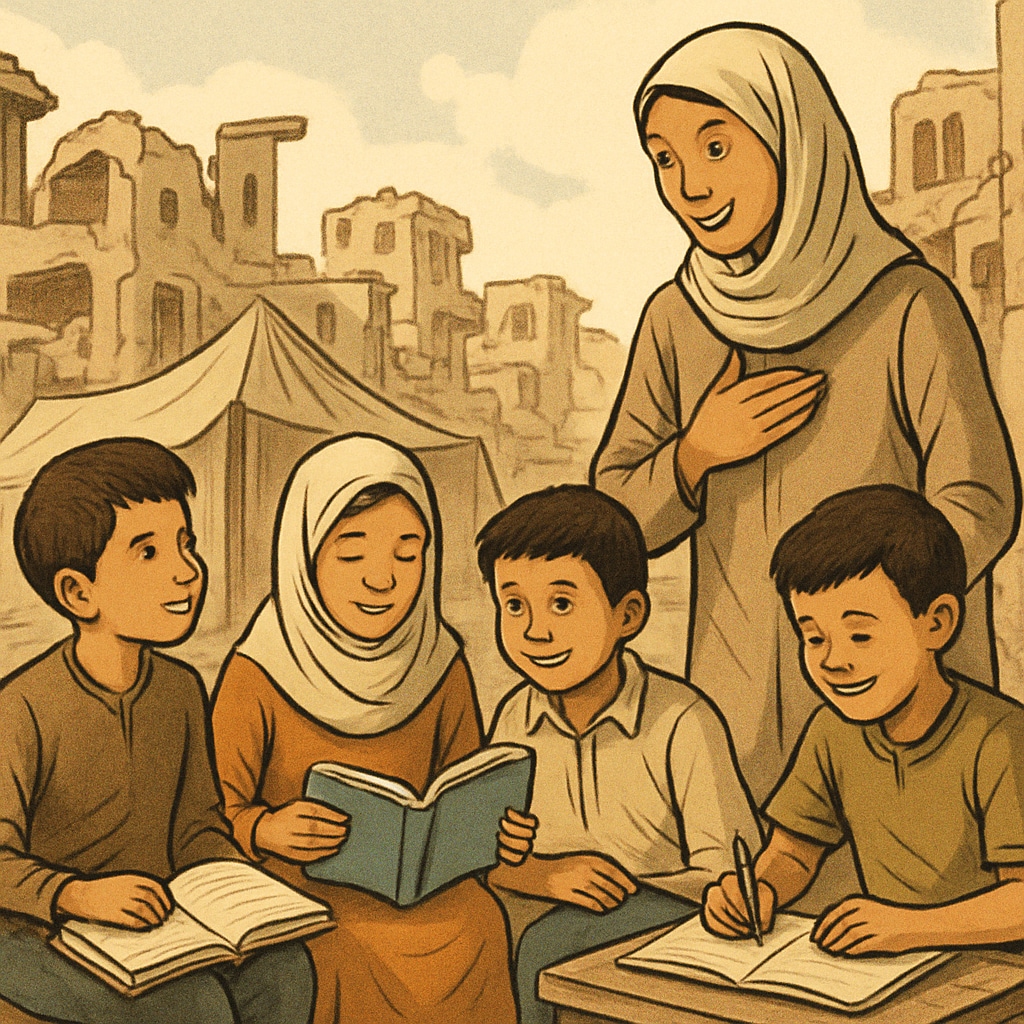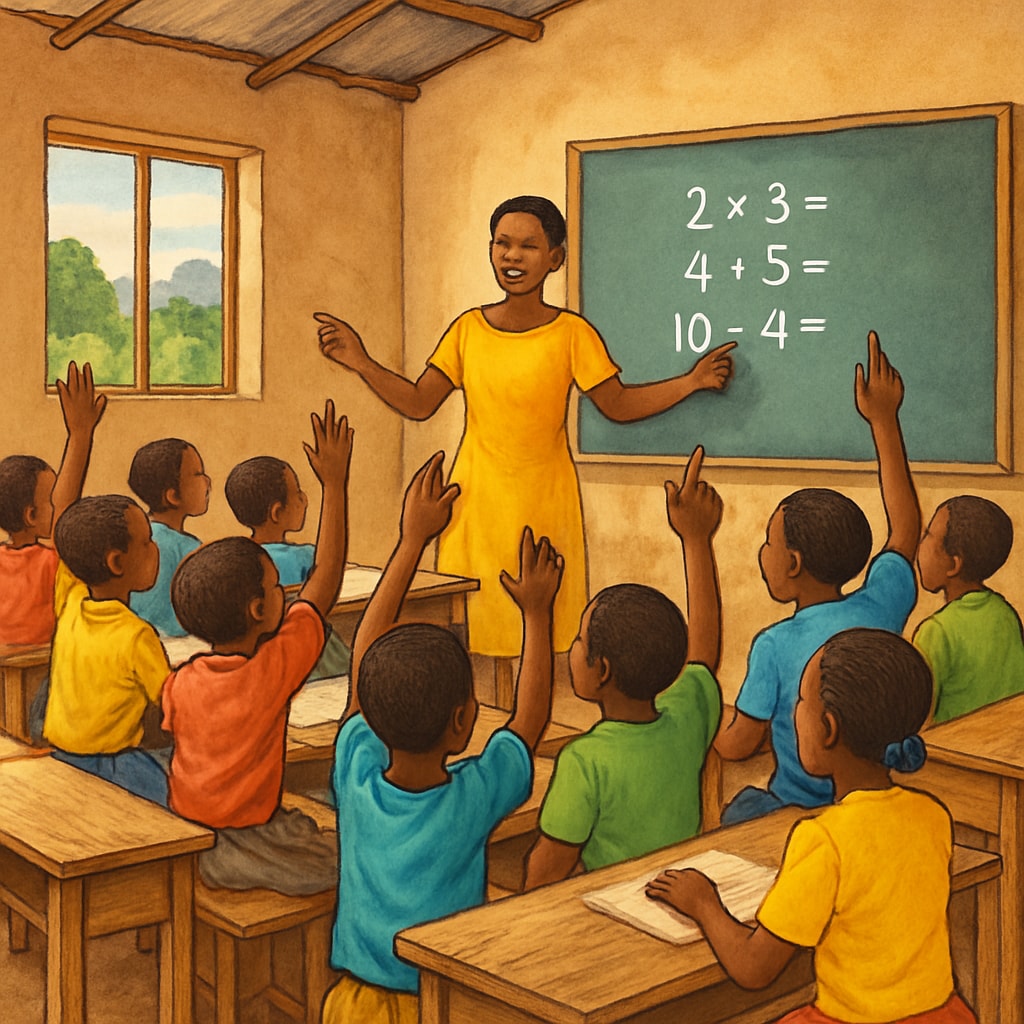Ms. Rachel, a renowned figure in children’s education, has recently directed her humanitarian efforts toward supporting children affected by the ongoing Middle Eastern conflict. Her advocacy for peace and her attention to the struggles of war-torn children highlight the power of education as a tool for healing and hope. However, while her focus on Middle Eastern children is commendable, it raises an important question: should her mission expand to include other vulnerable children globally? This article explores the importance of broadening such humanitarian efforts to ensure universal care for all children in need.

The Impact of Conflict on Children’s Education
Conflict zones, such as those in the Middle East, profoundly disrupt the lives and education of children. According to UNICEF, millions of children are deprived of basic educational resources due to war, displacement, and poverty. Ms. Rachel’s focus on these regions underscores the urgent need for interventions that prioritize learning as a means of fostering resilience and recovery. Her work demonstrates how education can serve as a light in the darkest of times.
However, the challenges faced by children in the Middle East are not unique. Around the world, children in other regions may face similar barriers due to natural disasters, economic instability, or systemic inequality. As a result, the need for holistic humanitarian strategies that address education globally becomes apparent.
Expanding Humanitarian Education Beyond Borders
While Ms. Rachel’s humanitarian efforts in the Middle East are impactful, the scope of her mission could be broadened. For example, children in sub-Saharan Africa often face barriers to education, including lack of infrastructure and resources. Similarly, indigenous children in Latin America may face cultural and linguistic hurdles that limit their access to quality education. By addressing these diverse needs, Ms. Rachel can contribute to a truly universal movement for children’s welfare.

Moreover, expanding her outreach could involve partnerships with organizations like Save the Children or World Vision, which have longstanding expertise in global humanitarian aid. Through collaboration, resources can be pooled to better address the complex educational challenges faced by children worldwide.
The Role of Education in Building a Better Future
Education is not just about academics; it is the foundation for a better future. By teaching empathy, critical thinking, and resilience, educators like Ms. Rachel can help mold a generation that values peace and equity. Extending her efforts to global children ensures that no child is left behind, regardless of geographic location or socio-economic background.
As individuals and communities, we must support initiatives that prioritize education as a universal right. Ms. Rachel’s work serves as an inspiring example, but her mission can and must grow to address the needs of all children globally. Only then can we achieve a truly inclusive approach to humanitarian education.
Readability guidance: Use short paragraphs to improve engagement. Incorporate lists to summarize key points where applicable. Ensure transitions between ideas are smooth and logical using connectors such as “however,” “in addition,” “for example,” and “as a result.”


